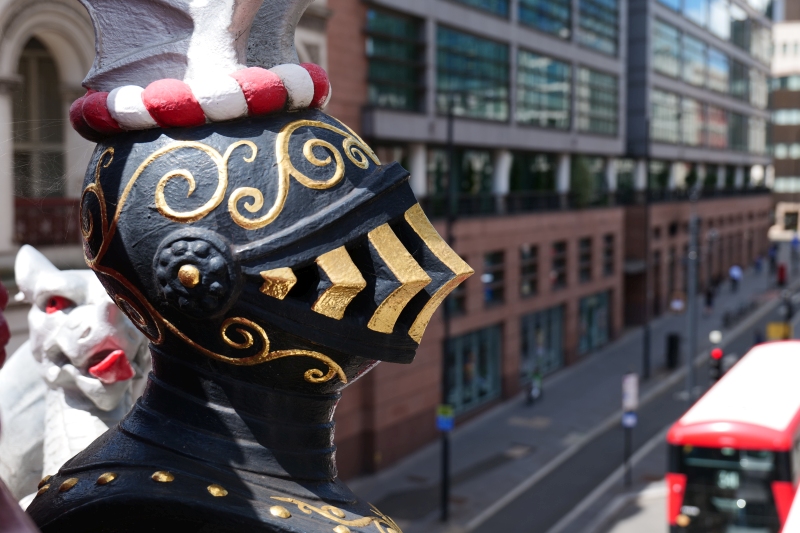While reading about Bobby Knight’s leadership as a basketball coach I reflected on what leaders do and how they behave.
There is no definitive answer as to who a good leader is and what it is that makes him a good leader.
Bobby Knight’s story shows that well. John Feinstein the author of a Bobby Knight biography called “A Season on the Brink,” described it like this: “His good qualities are so good. His bad qualities are so bad. If I had a dollar for every time someone told me a story about encountering Knight and finding him gracious and charming and funny, I would never have to work another day in my life. If I also had a dollar for every time I’ve been told a story about Knight being a bully or being rude and obnoxious, I’d be Bill Gates.”
There were many events in his career during which, politely said, he didn’t behave according to the rules of politeness and respect society often asks for. Most of his players seemed to have had a love-and-hate relationship with him followed by an enduring admiration for him once they had stopped playing in his team. There were also quite a few players deciding that they could not cope with him as a coach or didn’t want to continue to play in his team.
There is no right or wrong here. These were players deciding whom they agreed to have as their coach and followed as leader.
The way he seems to have been driven to win, what he wanted his players to achieve in life, and the way he thought best to get there were all focused on excellence and being the best. That is, according to his standards.
It seems that he was even so driven and focused on these objectives, that he wasn’t very aware of how it showed up in his behavior.
This may speak to something Morgan Housel wrote: “People who are abnormally good at one thing tend to be abnormally bad at something else.”
One cannot have only the good side of people.
That is worth remembering when we think about people we admire, people who can be our role models, people who can be our leaders, and people we want to be friends with.
To me, they are very different people.
Daryl Thomas had disagreements with Knight’s authoritative methods, but as a Black athlete, he cherished something in Bobby Knight many others weren’t doing. He had realized that many schools used, as he said, “the athlete for his physical body but never try to develop his mind.” Whereas, again in Thomas’s words, “Coach Knight had the courage — key word ‘courage’ — to coach me and not try to be my friend.”


